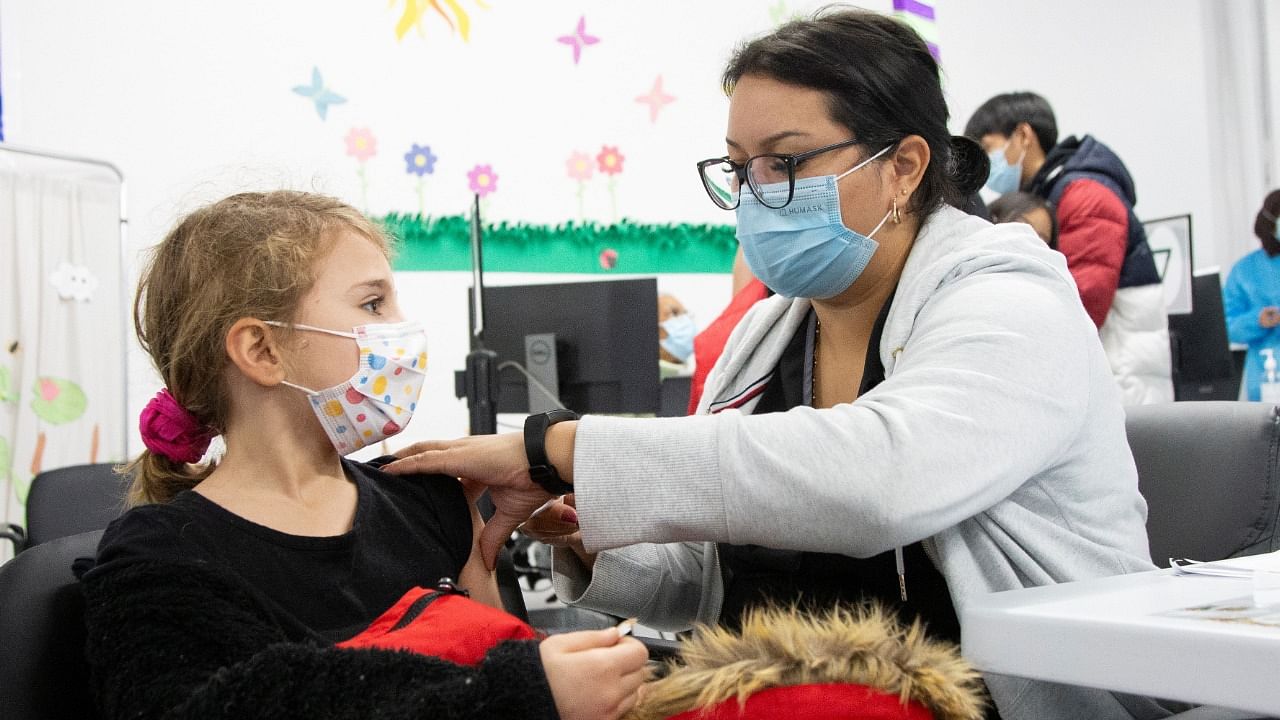
Scientific experts at the World Health Organization warned Friday that a new coronavirus variant discovered in southern Africa was a “variant of concern,” the most serious category the agency uses for such tracking.
The designation, announced after an emergency meeting of the health body, is reserved for dangerous variants that may spread quickly, cause severe disease or decrease the effectiveness of vaccines or treatments. The last coronavirus variant to receive this label was Delta, which now accounts for virtually all Covid-19 cases in the United States.
The WHO said the new version, named Omicron, carries a number of genetic mutations that may allow it to spread quickly, perhaps even among the vaccinated.
Independent scientists agreed that Omicron warranted urgent attention but also pointed out that it would take more research to determine the extent of the threat. Although some variants of concern, like Delta, have lived up to initial worries, others have had a limited impact.
Researchers said that vaccines will most likely protect against Omicron, but further studies are needed to determine how much of the shots’ effectiveness may be reduced.
Omicron first came to light in Botswana. So far, six people have tested positive for Omicron there, according to an international database of variants. Around the same time, researchers in South Africa stumbled across Omicron in a cluster of cases in the province of Gauteng.
Also Read — No case of new variant detected at Delhi airport in people coming from 'at-risk' countries: Lab
Researchers found more than 30 mutations on a protein, called spike, on the surface of the Omicron coronavirus. The spike protein is the chief target of antibodies that the immune system produces to fight a Covid-19 infection. So, many mutations raised concerns that Omicron’s spike might be able to evade antibodies produced by either a previous infection or a vaccine.
Still, vaccines are expected to provide some protection against Omicron because they stimulate not only antibodies but immune cells that can attack infected cells. Mutations to the spike protein do not blunt that immune cell response. And booster shots could potentially broaden the range of antibodies people make, enabling them to fight against new variants like Omicron.
Watch the latest DH Videos here:
For now, there is no evidence that Omicron causes more severe disease than previous variants. And it is also not clear yet how quickly Omicron can spread from person to person.